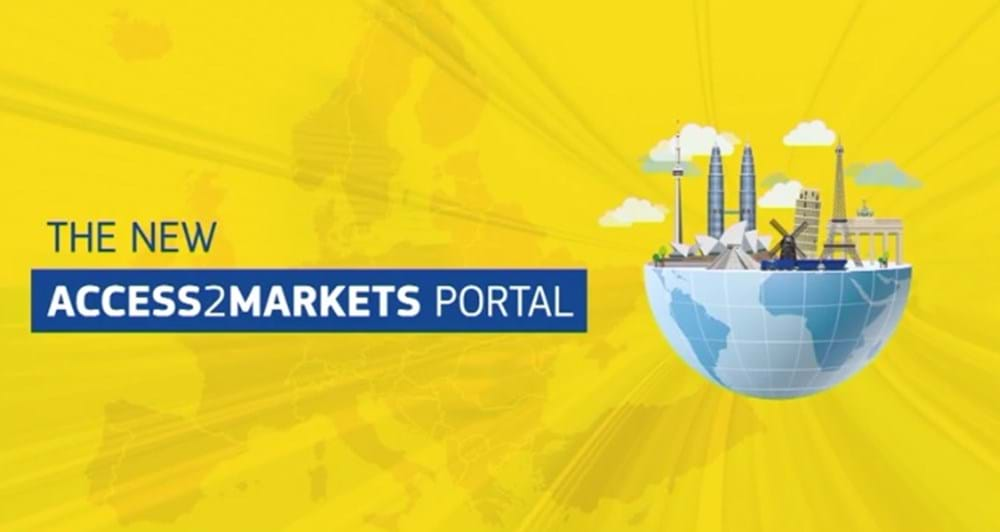Hidden dividend – The Polish New Deal
Costs from related parties will not be allowed as tax costs. This will happen when these costs meet the statutory definition of the so-called “hidden dividend”. The Polish New Deal introduces so far unknown concept of “hidden dividend”. The act in art.16 sec. 1d indicates that certain costs constitute a “hidden dividend” if:
- the amount or timing of those costs is in any way dependent on the taxpayer making a profit or on the amount of that profit; or
- a prudent taxable person would not incur such costs or could incur lower costs in the case of comparable supplies performed by a person not connected, within the meaning of Article 11a(1)(3), with the taxable person, whereby in determining those costs the provisions of Articles 11c and 11d shall apply mutatis mutandis, or
- these costs include remuneration for the right to use assets which were owned or co-owned by a partner (shareholder) or an entity related to a partner (shareholder) before the creation of the taxpayer.
The provisions being introduced aim to end the practice of extracting profits from companies. However, if an entity makes a gross profit and the costs associated with transactions with related parties do not exceed its value, the provisions will not apply.
Related parties
More
On 29 January 2022, the Polish Act of 17 December 2021 amending the Act on foreigners and certain other acts entered into force. It contains a number of changes that are important for entrepreneurs and foreigners working and studying in Poland. The main objective of the Act is “primarily to streamline the proceedings concerning the granting of temporary residence permits for foreigners in the territory of the Republic of Poland, in particular temporary residence and work permits” (from the grounds of the draft Act), but also to facilitate the employment of foreigners by Polish entrepreneurs and to shorten the time for processing an application for a national visa.
Changes for Polish entrepreneurs and enterprises
The first significant change for Polish employers is the requirement that a foreigner employed must earn at least the equivalent of the minimum wage regardless of the duration and type of contract. In January 2022, the minimum wage is PLN 3010 gross. The exemption is for foreigners who are to perform work in an occupation requiring high qualifications. The remuneration for such an employee is to be the equivalent of the average salary in the year preceding the application for a temporary residence and work permit. Another change concerns enterprises of strategic importance to the Polish economy. They will be able to employ foreigners faster and more easily than before by obtaining a temporary residence and work permit in these entities.
Changes for foreign workers
More
On 10 February 2022 KIELTYKA GLADKOWSKI KG LEGAL will take part in the training organized by the European Commission. The topic of the meeting will be the Access2Markets platform and its dedicated tools and their application. The training will cover a full presentation of the Access2Markets platform, including the tools:
My sales assistant – (export and import information on tariffs, taxes and import formalities, customs procedures),
Trade and investment barriers,
Trading statistics,
ROSA (a tool for self-assessment of compliance with the rules of origin in preferential EU-third countries trade agreements),
Single Entry Point – reporting barriers on third-country markets to the European Commission,
Preferential trade agreements between the EU and third countries,
Access2Procurement.
https://trade.ec.europa.eu/access-to-markets/pl/home
More
The workshop devoted to the new Polish system of electronic invoicing took place on 27 January 2022, it was organized by the Business Trends Academy, a joint project of Soneta LLC, software developer ENOVA 365, Microsoft and Intel.
About the Polish National e-Invoice System (KSeF)
The Polish National e-Invoice System (KSeF) is operated by the Polish Head of the National Fiscal Administration, who is the administrator of all data in the National e-Invoice System.
Functionality of the Polish National e-Invoice System:
- granting, modifying and withdrawing permissions and notification of possession or withdrawal of permissions
- verification of permissions at login attempt
- issuing, accessing, receiving, storing and assigning identification numbers to structured invoices
- verification of the compliance of the sent invoice with the template (scheme).
- notification of temporary non-functioning of the system and of attempted login by an unauthorised person.
More
KIELTYKA GLADKOWSKI KG LEGAL has recently participated in a training devoted to trade and business reports in risk analysis and investments in Poland. The information gained through the training will help our Clients in a more careful selection of a suitable business partner and will increase the transparency of business standing.
IPG Trade Reports
The basic source of information on the financial data of business entities is the Polish National Court Register. Reliability can also be assessed on the basis of data from the Court and Economic Journal, the Polish National Business Registry Number database, debtor registers, and information from InfoCredit companies and partners (IPG reports). These IPG reports present the situation of a given company in detail. Among other things, they present the structure of shareholders of the entity, which is one of the basic parameters of risk assessment connected with a given company. They also contain current and historical financial ratios. They also contain a complete ratio analysis of parameters such as liquidity, indebtedness, operating efficiency, profitability, and capital and asset structure. Trade reports also contain information on the structure of employment, which is collected directly from companies. Despite the decision of the Ministry of Finance in 2017, regarding the inclusion of import and export data under fiscal secrecy, the reports contain information on business activity.
More



